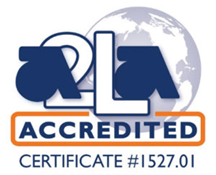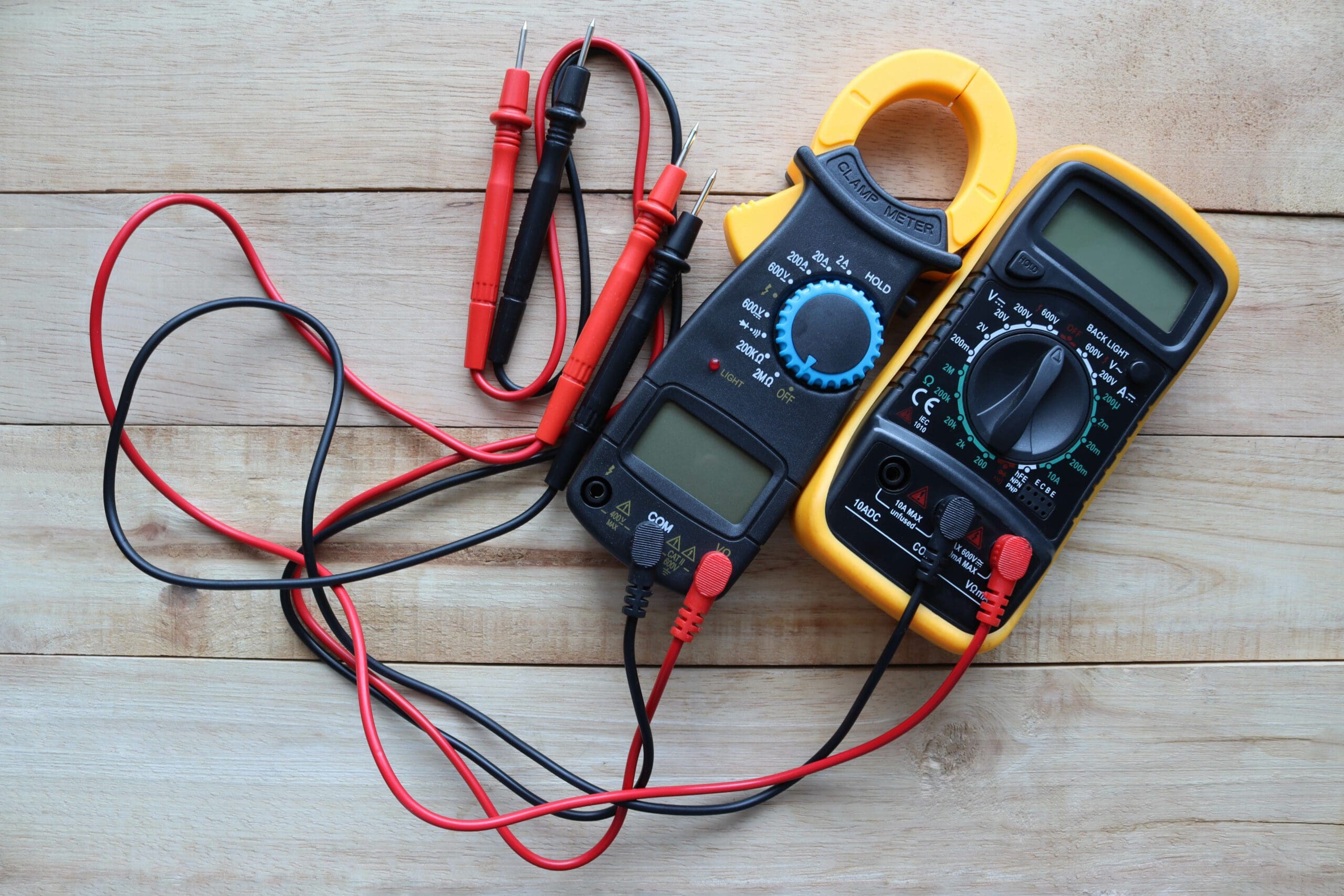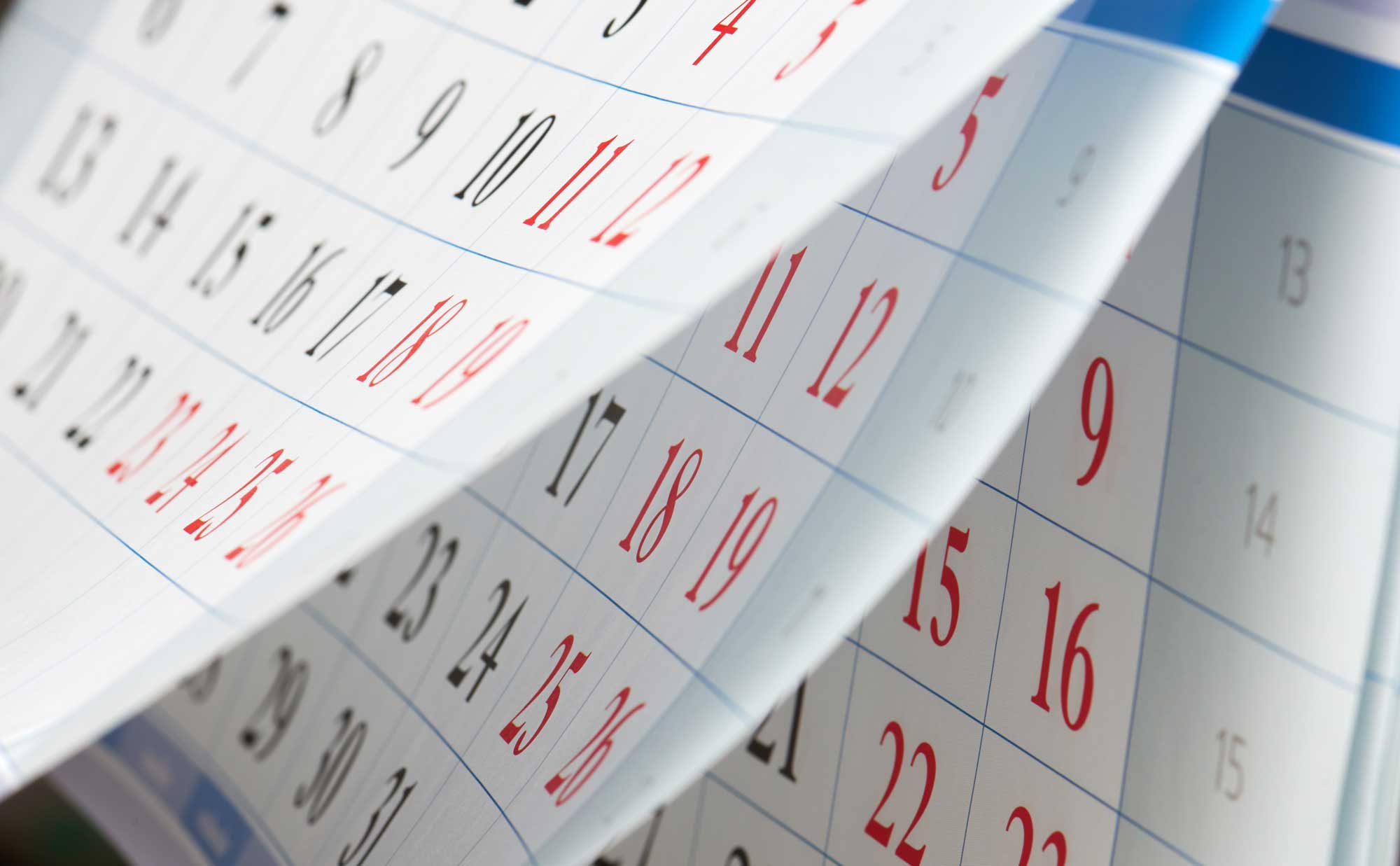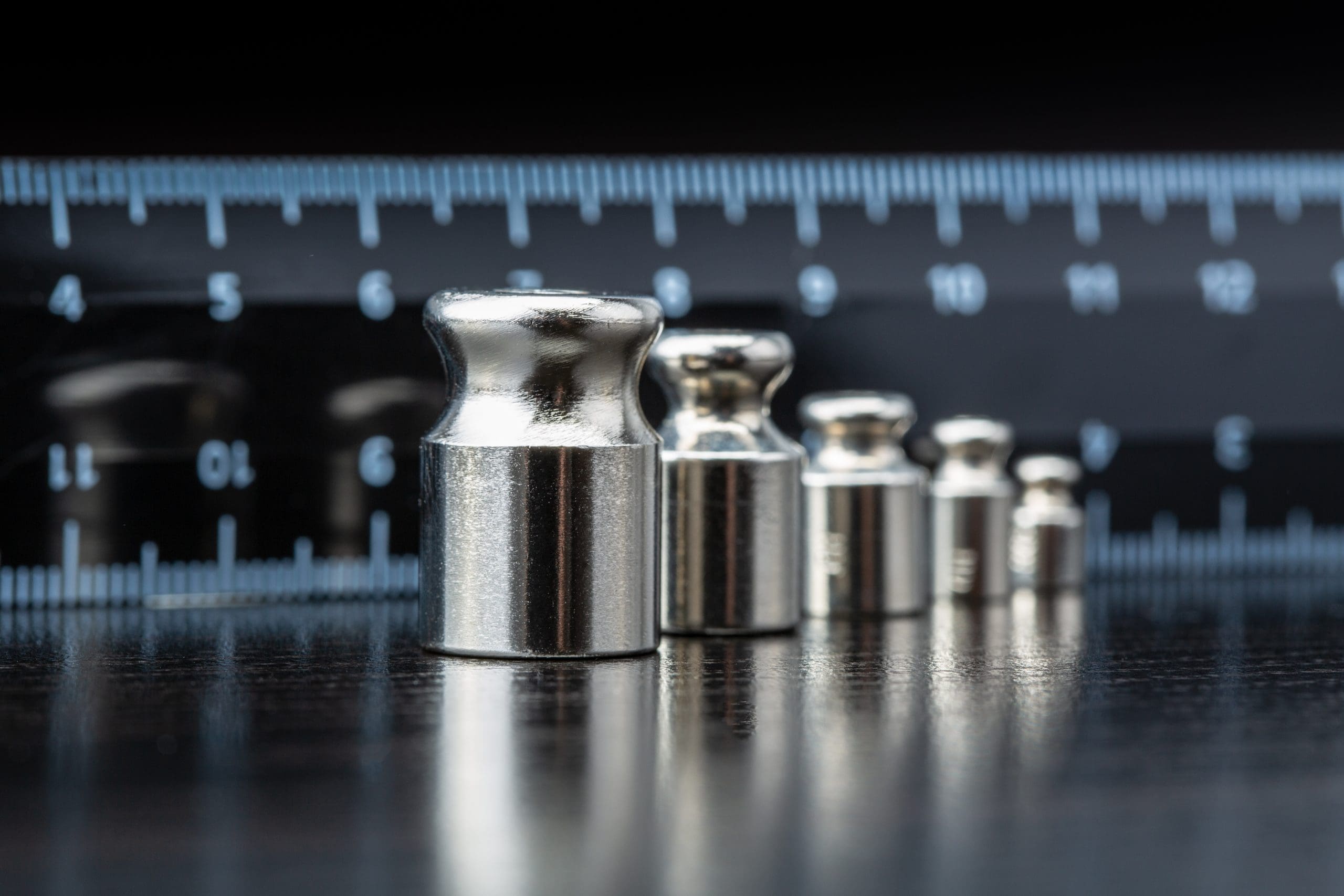What is a multimeter?
A multimeter is defined as, “an instrument for measuring the properties of an electrical circuit.1”
What is a clamp meter?
A clamp meter is defined as, “an electrical test tool that combines a basic digital multimeter with a current sensor.2”
What measurement functions can multimeters perform?
A multimeter can perform a variety of measurement functions to include voltage, current, resistance, continuity, capacitance, frequency, and thermocouple measurements. F. D. Hurka Metrology supports two categories of multimeters: benchtop multimeters and handheld multimeters. There are then two subtypes of handheld multimeters: analog multimeters (like the Extech 38070) and digital multimeters (like the Fluke 115). While analog multimeters still perform their duties, digital multimeters are now overwhelmingly the preferred measurement instruments due to their improved accuracy with less room for human interpretation error.
What measurement functions can clamp meters perform?
Some meters fall under the category of clamp meters. A clamp meter performs basic multimeter functions and has a clamp available for current readings above normal multimeter capabilities. This clamp goes around an energized (live) wire or cable, and measures the magnetic field emitted by the current flowing through said energized (live) wire or cable. Typically, the resolution on clamp meters is not as good as on handheld, digital multimeters but is still sufficient for most practical applications.
What are some examples of multimeters’ and clamp meters’ most common usages?
One of the most common tests done with a handheld multimeter is a battery check. The multimeter will tell you if the battery does indeed have the appropriate amount of voltage in it, or if it has degraded and lost some of its charge. This can be for any battery, from a common 9V to a car battery. Another test commonly done with a handheld multimeter is one to test the output and ground of an electrical outlet. By utilizing the ground, neutral, and live connections, one is able to ensure the ground is not energized and the line voltage coming from the outlet is appropriate for your application, typically 120V in the United States for common electrical outlets.
Many benchtop multimeters are used in more advanced testing environments, requiring equipment that provides a higher resolution than that of a handheld multimeter. For example, F. D. Hurka Metrology utilizes benchtop multimeters to verify voltage, current, and resistance outputs on your test equipment such as a power supply or multifunction calibrator.
Which meter is better to use, multimeter or clamp meter?
To answer this question, first you must ask yourself what your practical application is. For the testing of precision equipment, a benchtop multimeter typically would be your best solution. For a more portable, higher resolution option other than a clamp meter to test circuitry, and handheld multimeter would be the preferred test equipment. To test an energized (live) wire or cable, a clamp meter would be best suited.
What kind of multimeters and clamp meters can F. D. Hurka Metrology support?
F.D. Hurka Metrology can support a wide variety of benchtop multimeters, most handheld multimeters, and most clamp meters up to 1000 amps. Examples of supported multimeters and clamp meters include but are not limited to: Fluke 189, Fluke 117, Fluke 376, Fluke 45, Extech EX205T, and Extech EX310.
1 “multimeter,” Merriam-Webster.com Dictionary, https://www.merriam-webster.com/dictionary/multimeter. Accessed 9/20/2022
2 https://www.fluke.com/en-us/learn/blog/clamps/abcs-of-clamp-meters
GET IN TOUCH
Shipping Address
Mailing Address
Phone Number
Fax Number
CONTACT
To request specific information or to have someone from the F. D. Hurka Metrology contact you, please fill out the contact form or click the button below to request a quote:







